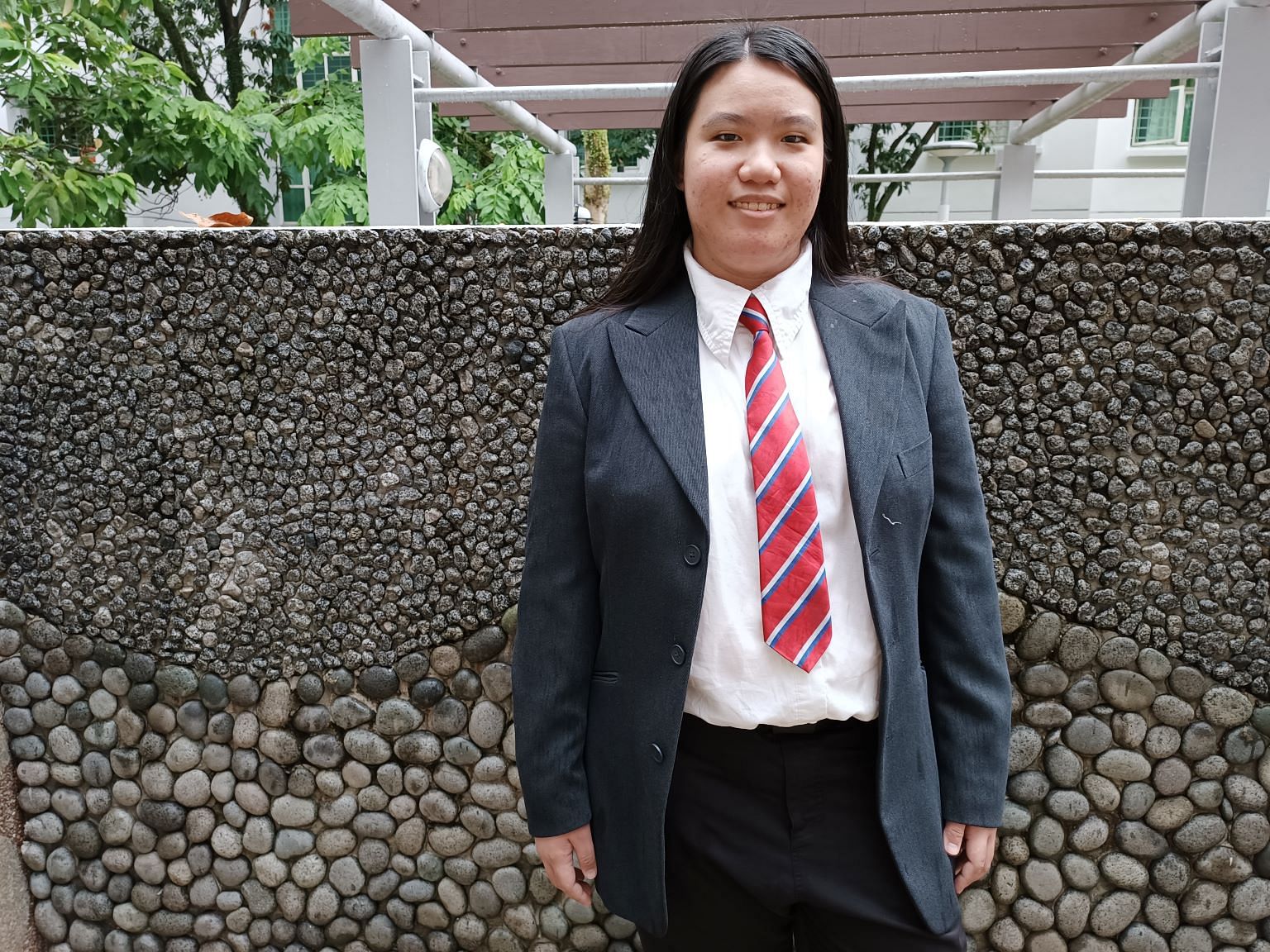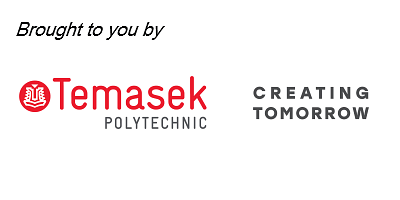BRANDED CONTENT
Gain new skills, qualifications and on-the-job experience – all at the same time
Temasek Polytechnic’s Work Study Programmes offer students the flexibility of pursuing a specialist diploma course while enjoying the security that comes with full-time employment

With TP’s 18-month Workforce Skills Qualifications (WSQ) Advanced Certificate in Aerospace, which is part of its Work Study Programme (WSP), Mr Conan Chua was able to fast-track his dream of becoming a licensed aircraft engineer.
PHOTO: TEMASEK POLYTECHNIC
Mr Conan Chua has always known that he wanted to be an aerospace engineer. One month into his engineering degree at a local university, he learnt about a Work Study Programme (WSP) conducted by Temasek Polytechnic (TP) that could help him achieve his dream job earlier – in three and a half years instead of the usual five.
TP’s Workforce Skills Qualifications (WSQ) Advanced Certificate in Aerospace focuses on the required professional tests and practical experience to provide Mr Chua and his fellow trainees with a way to fast-track their careers and qualify them to work on aircraft without an engineering degree. Today, the 25-year-old is a trainee licensed aircraft engineer at business jet manufacturer Bombardier.
He hasn’t looked back since. “I’m not missing out on a university experience. Actually, I am gaining more from TP’s WSP because I can get my qualifications and on-the-job experience much faster.”
A third option between a job and further studies
The WSP is an initiative by SkillsFuture Singapore, organised through institutes of higher learning such as TP. WSP combines a traditional diploma programme with an apprenticeship with recognised companies in a relevant industry.
Mr Chua, who previously interned at Bombardier, got to know about the WSP from his former supervisor at the company.
“It takes a long time to become a good engineer, so it’s good to know that my career path is structured,” he says.
Like other WSP trainees, Mr Chua is employed in a full-time position with a competitive starting salary and flexible work arrangements to accommodate his lessons.
"Currently, I am going to school five days a week, to study and prepare for my exams. After completing my tests, I'll head back to Bombardier to work," he says. In addition, he will be sent for a type-qualification course to learn more specifically about one of the aircraft types manufactured by Bombardier.
TP offers a wide variety of WSP courses for polytechnic and Institute of Technical Education graduates. These courses span different industries such as aviation, biomedical engineering, digital media, robotics and hawkerpreneurship. Lasting between 12 and 18 months, these courses offer a best-of-both-worlds approach to gaining work experience and in-demand industry skills and knowledge.
Following an interest in robotics to forge her own path

With so many courses and positions available, no two students enrolled in a WSP will have the same experience.
Ms Lam Sook Ee, for example, is taking a specialist diploma course on robotics and automation while working at United Test and Assembly Centre Limited (UTAC), a global leader in testing and assembling semiconductor devices.
She graduated from TP with a Diploma in Electronics in 2021, but, because of market uncertainty from the Covid-19 pandemic, she was unsure if she wanted to join the workforce or continue with further studies.
The WSP gave her the best of both worlds. The 23-year-old liked that she could take on a full-time job and its responsibilities, and still be given time to pursue her interests.
She had taken a module on robotics in her third year at TP, and found it interesting. “I found it cool that we have robotic arms which can pick up and assemble things from bottles to microchips, and even ‘see’ with machine vision,” she says.
In her role as an associate engineer at UTAC, she sees first-hand how robotics have reduced labour requirements, taking over the arduous and time-consuming tasks from human workers. “I like that I can apply what I learnt in school at my workplace, like the robotic grippers used to pick up and place the integrated chips.”
Four days a week, she tests and troubleshoots integrated circuits on the UTAC production floor. “At first, I found it troublesome to dress in the jumpsuit, but I got used to it,” she says.
She now attends night classes at TP two weekdays per week. “Initially, I struggled to juggle my work and studies. But my lecturers were understanding and ready to help me.”
Learning continues from classroom to workplace
Despite their initial concerns, Mr Chua and Ms Lam find juggling studies and a full-time job manageable. This is because companies under the WSP have committed to accommodating the teaching schedule so that students have sufficient time for lessons and revision, alongside their job responsibilities.
Both Mr Chua and Ms Lam are also impressed by the high quality of teaching and guidance from TP’s trainers. Many of them have strong industry credentials and experience, and can offer a realistic perspective on what to expect in that particular sector.
“The TP lecturers are very supportive of our learning, sometimes even answering our e-mails at 9pm or 10pm to help us understand the material,” says Mr Chua.
Ms Lam Ee adds: “The lecturers are always ready to help us and I like that, with face-to-face teaching, I get any questions I have clarified immediately."
Beyond the lecturers, students in the WSP are also offered an industry mentor at the workplace, often their immediate supervisor.
Having an industry veteran to guide them along is extremely useful in their apprentice-cum -learning journey, as Mr Chua and Ms Lam can attest to. “The learning curve (in aerospace engineering) is quite steep so it’s good that I have a mentor I can seek help from,” Mr Chua says.
Being full-time employees has also allowed them to be more financially independent. Both of them appreciate that they have a head start over some of their peers, drawing their first full-time salary and gaining valuable workplace experience that will enhance their employability.
Ms Lam recalls that she had some apprehension with the WSP initially. “I was afraid that work and study would be a heavy load, but my parents encouraged me to sign up and try. Now I am happy that I am in an interesting course, working in a field that I am passionate about. It has definitely opened up more options for my future.”
Temasek Polytechnic is still accepting applications for the Work Study Programme starting in October 2022. Apply by Aug 15, 2022, for a head start in your future career.
To explore the various Work-Study Programmes and their upcoming intakes, visit www.tp.edu.sg/wsp



